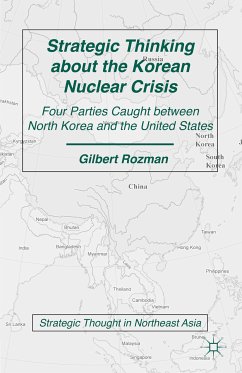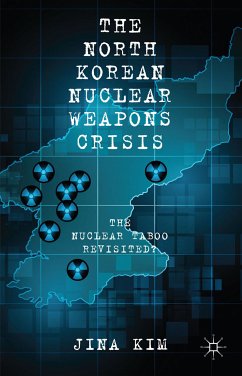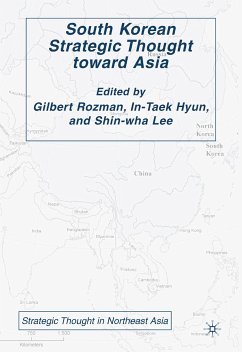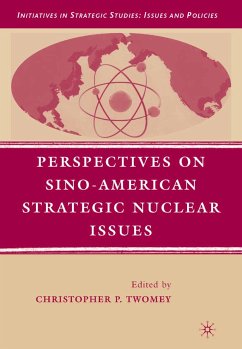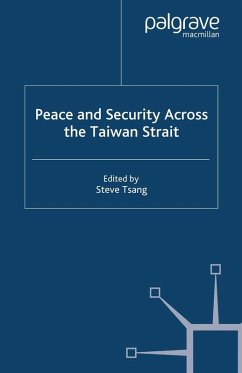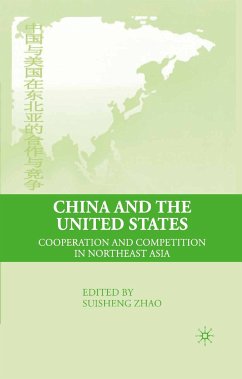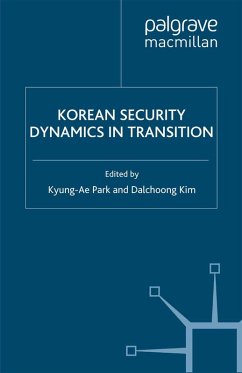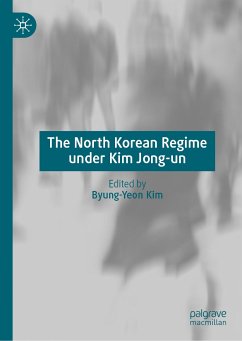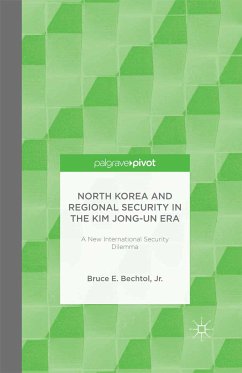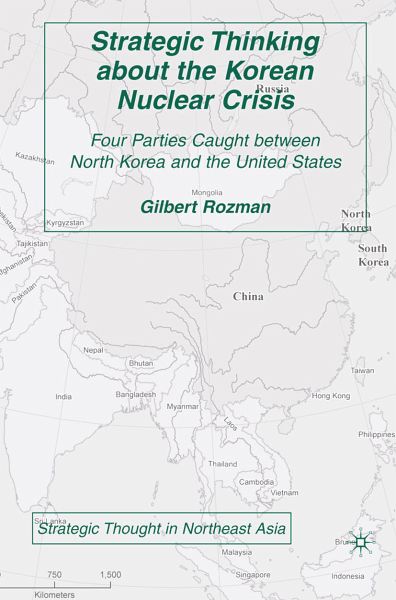
Strategic Thinking about the Korean Nuclear Crisis (eBook, PDF)
Four Parties Caught between North Korea and the United States
Versandkostenfrei!
Sofort per Download lieferbar
40,95 €
inkl. MwSt.
Weitere Ausgaben:

PAYBACK Punkte
20 °P sammeln!
This study makes northeast Asia the focus of analysis on how the nuclear crisis in 2002-2006 affected strategic thinking. While all those in the Six-Party Talks are included, the author explores in particular debates about the standoff in four countries on the front lines (South Korea, China, Japan, and Russia).
Dieser Download kann aus rechtlichen Gründen nur mit Rechnungsadresse in A, B, BG, CY, CZ, D, DK, EW, E, FIN, F, GR, HR, H, IRL, I, LT, L, LR, M, NL, PL, P, R, S, SLO, SK ausgeliefert werden.



